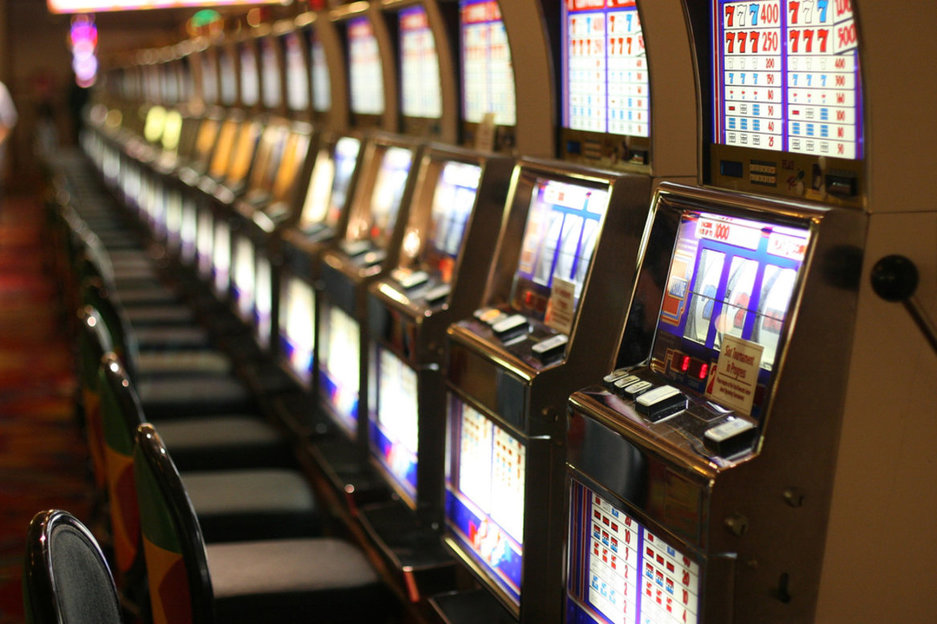The Psychology of Risk-Taking – How Slot Game Mechanics Keep Players Engaged
The psychology of risk-taking, particularly within the context of slot games, is a fascinating study in human behavior and game design. Slot games are meticulously crafted to engage players through a combination of psychological tactics that keep them coming back for more. One of the key elements driving engagement is the concept of intermittent reinforcement. This principle, rooted in behavioral psychology, suggests that unpredictable rewards are more compelling than consistent ones. In slot games, this translates into the occasional big win amidst numerous losses or smaller wins. The uncertainty of when the next reward will come keeps players on edge and encourages them to continue playing in anticipation of the next payout. Moreover, slot games often employ vivid visual and auditory stimuli to enhance the player experience. Bright colors, flashing lights, celebratory sounds, and animations accompany wins, creating a sensory feast that triggers dopamine release in the brain. Dopamine, a neurotransmitter associated with pleasure and reward, reinforces the behavior of playing, making it feel inherently rewarding even when financial gains are minimal or absent.

The concept of ‘near misses’ is another powerful psychological tool used in slot game mechanics. A near miss occurs when the outcome of a spin is close to a win but falls just short. Interestingly, brain imaging studies have shown that near misses activate the same neural pathways associated with actual wins, leading players to perceive them as almost winning rather than losing. This perception fuels the desire to keep playing in the hope of achieving a ‘true’ win, even though statistically, near misses have no bearing on future outcomes. Furthermore, the allure of progressive jackpots adds another layer of excitement and risk-taking behavior to slot games and view the page https://roweswharfwatertaxi.com. These jackpots grow progressively larger as more players contribute to them, creating a sense of community and shared anticipation. The potential for a life-changing win motivates players to take greater risks and invest more time and money into playing, despite the slim odds of hitting the jackpot. The psychology of loss aversion also plays a significant role in slot game engagement. Loss aversion refers to the tendency of individuals to prefer avoiding losses over acquiring equivalent gains.
This behavior can lead to prolonged playing sessions as players become emotionally invested in recouping their losses, even at the expense of rational decision-making. Moreover, the accessibility and convenience of online slot games contribute to their popularity and the intensity of risk-taking behaviors. With 24/7 availability on smartphones and computers, players can engage in slot games anytime and anywhere, blurring the boundaries between leisure time and gambling activity. This constant accessibility increases the likelihood of repetitive play and encourages impulsive decision-making, especially among vulnerable populations. In conclusion, the psychology of risk-taking in slot games is a complex interplay of psychological principles and game design strategies. From intermittent reinforcement and sensory stimuli to near misses and progressive jackpots, each element is carefully crafted to maximize player engagement and encourage continued play. Understanding these psychological mechanisms is essential for both players and regulators to promote responsible gambling practices and mitigate potential harms associated with excessive risk-taking behavior.
